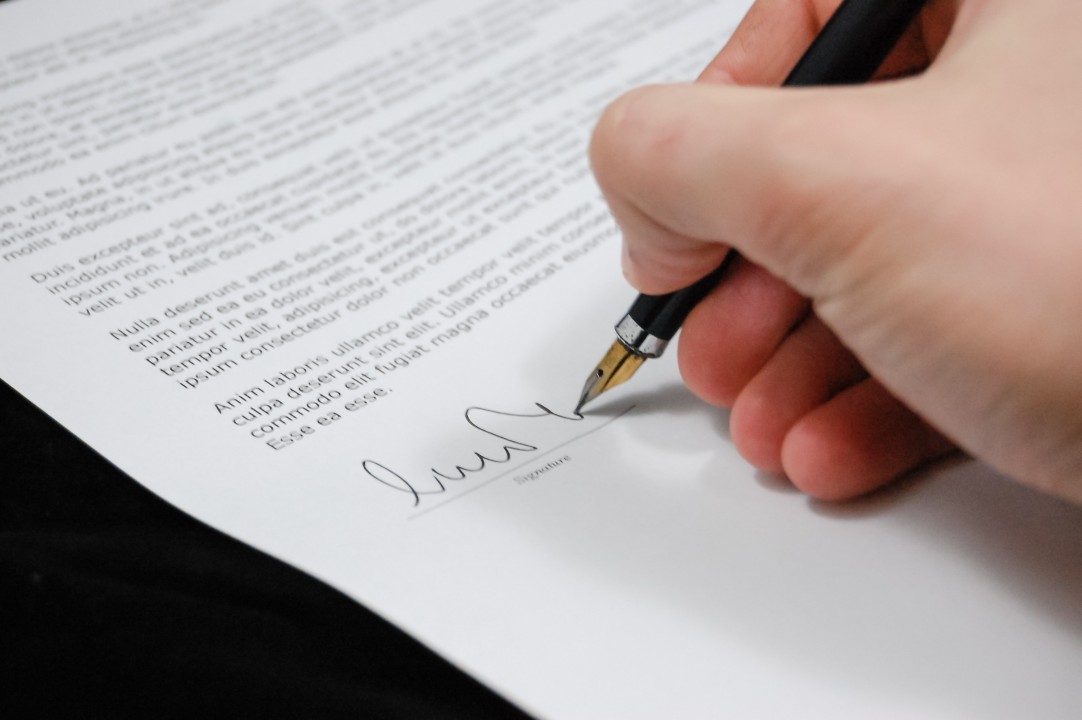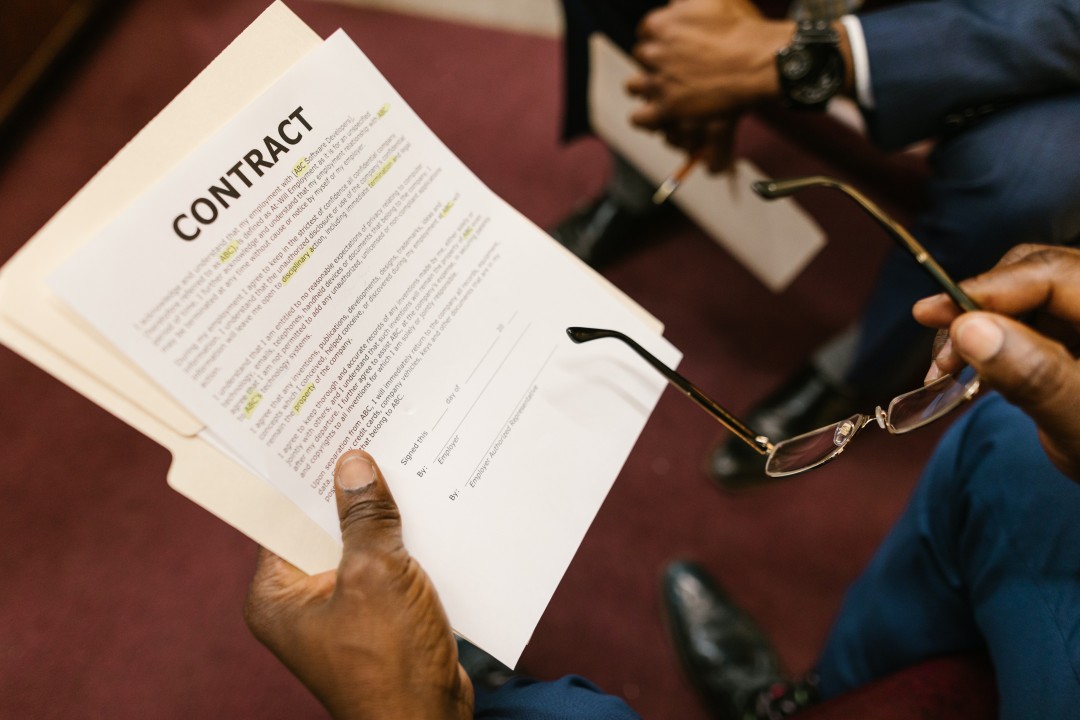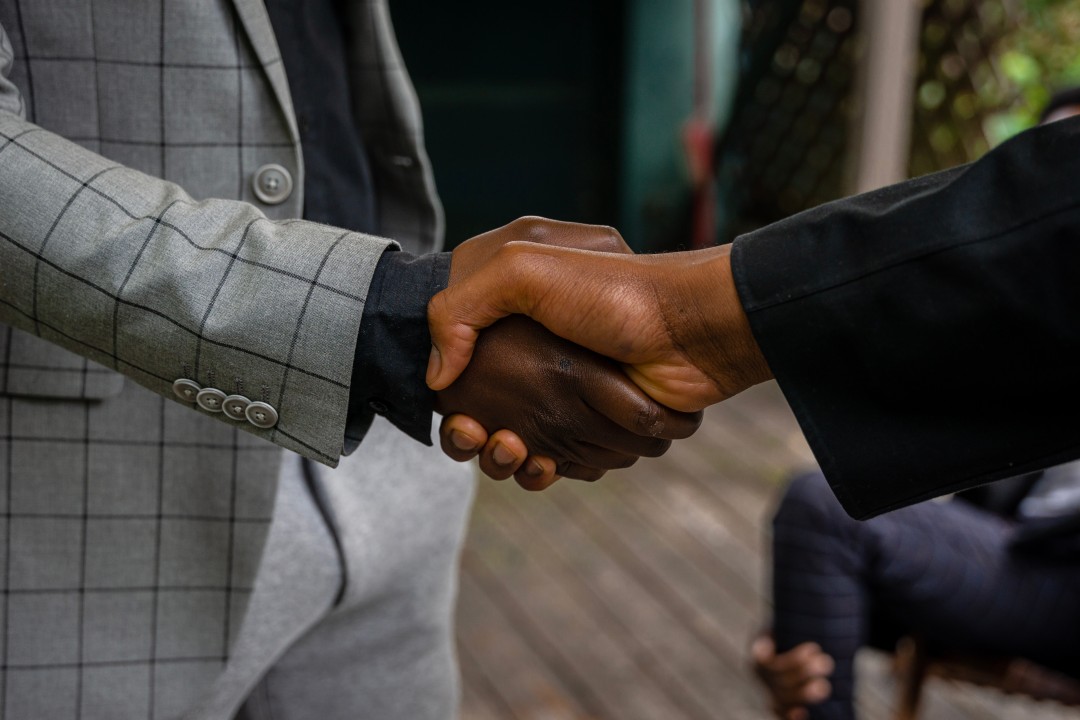As President of the American Bar Association (ABA) and Founding partner of Bellows Law Group PC, Laurel G. Bellows has pioneered advocacy efforts for victims of human trafficking. This weekend’s featured advocate is both a vital voice and a powerhouse. In Part One of her two-part Interview, Laurel G. Bellows shares her passion and the ABA’s current projects.
Holly Smith: Laurel, how did you get involved with anti-human trafficking advocacy?
Laurel G. Bellows : Fighting human trafficking has been a longtime passion of mine. When I was president of the Chicago Bar Association, a group of young girls held in immigration detention asked for pro bono assistance to defend them instead of the lawyers the traffickers had sent to represent them. The traffickers were trying to get these girls from custody to put them back into slavery.
Representing human-trafficking victims was an eye-opening experience, and I learned the extent of the crisis. Today, within our borders and across the world, human trafficking is one of the fastest-growing criminal enterprises, generating an estimated $32 billion a year in illicit profits. This modern form of slavery is one of the most tragic and disgraceful criminal endeavors ever to exist. Millions of people across the globe — including thousands within our borders — are denied basic rights, such as sleep, food or pay, while forced to work or engage in sexual acts under constant abuse and threats. Some are killed or their family members have been threatened or murdered by traffickers in order to coerce their cooperation.
Slavery flourishes in our own backyards — in urban, suburban, and rural America. Men, women, and children are being exploited by traffickers and are suffering unspeakable atrocities. It is time for Americans to unite in our commitment to eradicate modern-day slavery in our nation, and assure that all citizens of our great country enjoy the freedom and liberty that our country guarantees.
Holly Smith: Thank you so much for your passion to represent men, women, and children who are being exploited across the country. Can you tell us about the ABA Task Force on Human Trafficking?
Laurel G. Bellows : The ABA is marshaling the energy and resources of our nation’s lawyers to change the way our legal system approaches human trafficking. We know that trafficking requires more than just a criminal justice system response. Our approach includes public interest lawyers, family law attorneys, corporate lawyers, torts lawyers, and of course prosecutors and defense attorneys.
Recognizing the complex barriers to prosecuting traffickers and identifying victims, the ABA Task Force on Human Trafficking has conducted training sessions across the country to help stakeholders learn to identify and treat victims as victims and to prosecute and punish perpetrators. These training sessions also shine a spotlight on the thousands of victims funneled through criminal justice systems as defendants.
So far, we have trained more than 500 lawyers and allied professionals.
Training programs help those who come into contact with trafficking victims to understand the barriers victims encounter in accessing help and resources. In addition, we are supporting lawyers who represent trafficking victims in legal services and legal aid offices. We are connecting trafficking victims to lawyers who can provide much-needed pro bono representation. We are also developing a comprehensive online database of resources, materials, and legal-services programs for training and supervising volunteer lawyers.
You can follow our efforts on Twitter @ABA_Trafficking.
Holly Smith: You are also working with the business sector, correct?
Laurel G. Bellows: Yes, the ABA also recognizes that slavery needs to be addressed within the business community. Many corporations do not know that their suppliers are using slave labor. We are working with business lawyers and corporate leaders to develop voluntary business-conduct guidelines to eliminate labor trafficking from supply chains. In addition, we are developing a database — the ABA Fortune 100 Report — in partnership with Arizona State University College of Law. This public database will list those U.S. corporations who have adopted business conduct standards addressing human trafficking. The report will also analyze the business conduct standards adopted by the largest U.S.-based companies.
Holly Smith: Is the ABA working to change state laws as well?
Laurel G. Bellows: Yes, our efforts extend to modifying and improving laws. We are working with the Uniform Law Commission to develop a uniform state-trafficking law. Our goal is to create tougher penalties and to make certain that every state has a strong law addressing human trafficking on the books.
As the ABA works to change the way the legal system approaches human trafficking, we also recognize the dire need to increase awareness. As part of this effort, we are encouraging employers in our country to include in their employee handbooks information on how to identify a victim, whom to call, and a summary of the human trafficking issue.
Holly Smith: Can you recommend any resources for lawyers potentially working with victims?
Laurel G. Bellows: The ABA’s “Voices for Victims: Lawyers Against Human Trafficking Tool Kit” includes resources on how to choose potential speakers. The tool kit has a link to our award-winning video, “Voices for Victims.” The video gives an up-close-and-personal look at modern slavery and how lawyers can, do, and should respond. Common myths, a glossary of terms, and national resources are also included in the tool kit for bar associations. The electronic version of the tool kit is available at ambar.org/trafficking. A similar tool kit for law schools and law students is scheduled to be released by the task force during the ABA’s 2013 Annual Meeting in August.
I have continued to speak out to mobilize lawyers and non-lawyers to join our fight to combat modern-day slavery. Our goal is to recruit anyone who is interested in being active on this issue. I am moved that our efforts and hard work are effectuating change now and will continue to do so even after my term as ABA president.
Holly Smith: Can you tell us more about the video, Voices for Victims? I see it features another powerful advocate, Brenda Myers-Powell, with The Dreamcatcher Foundation.
Laurel G. Bellows: Our video, “Voices for Victims,” produced by the ABA’s Task Force on Human Trafficking, in partnership with the ABA’s Communication and Media Relations Division, has been recognized by the best in the video industry. It was awarded a Bronze Telly Award (runner-up to first place) in May. The Telly Award is the premier award honoring the finest film and video productions nationwide. Our video also won a Bronze Stevie Award in June. The video is a crucial component of the ABA’s year-long effort to mobilize our members in the fight against modern-day slavery. More than a call to action, the video includes tangible courses of action to meet the problem head-on.




